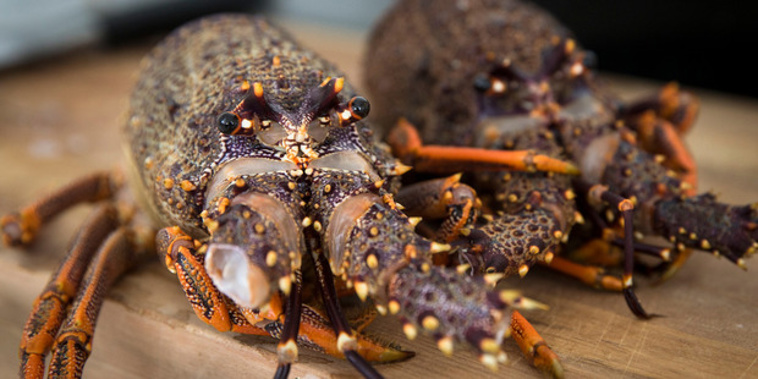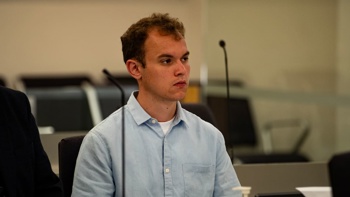
The Ministry for Primary Industries said it's well aware crayfish stocks are low along a large part of the North Island's east coast.
It said it's already working to get the area known as 'CRA2', spanning from Waipu to the East Cape, back to its former abundance.
It comes after fishing group LegaSea surveyed more than 800 people who dive or use cray pots in the fishery.
Eighty percent of those questioned believe crayfish numbers are dwindling.
"For those of us who have been out there in the gulf this summer looking for crayfish, there's no question. There are no crayfish," spokesman Scott Macindoe told Mike Hosking this morning.
He said the Ministry for Primary of Industries wasn't doing its job, and asserted corporate greed and government mismanagment were decimating cray stocks.
MPI said it already knows the fishery requires attention.
"We understand that LegaSea is impatient for the fishery to recover to its former abundance - we are too, and are already working to get there," manager of inshore fisheries, Steve Halley, said.
"LegaSea asserts that MPI has mismanaged the fishery. Some context is required. In 2013 we conducted a scientific survey of the wider fisheries management area called CRA2 and found that crayfish stocks there were low. Our immediate response was to reduce the commercial catch limit by 36 tonnes, or 15 per cent, to bring the crayfish back."
Halley added that since then the fishery has been monitored, and there have been more concerns from Tangata Whenua and others about low crayfish numbers, so they have decided to bring the next scientific assessment forward to this year.
"It’s important to note that we’re talking about one of the biggest recreational fisheries in New Zealand, it covers a significant area of coastline and includes the biggest population centre in the country.
We know that within that large area there will be some areas of localised depletion of stocks, especially in places where the fishery comes under more intense pressure from multiple sectors, such as holiday spots."
"To get to the bottom of this, we'll be supplementing our science with close engagement with the community from the middle of this year."
MPI is promising to work directly with people from all sectors, including LegaSea, on this. It says the information in the group's survey will prove useful in understanding the issues facing the fishery.
Take your Radio, Podcasts and Music with you









